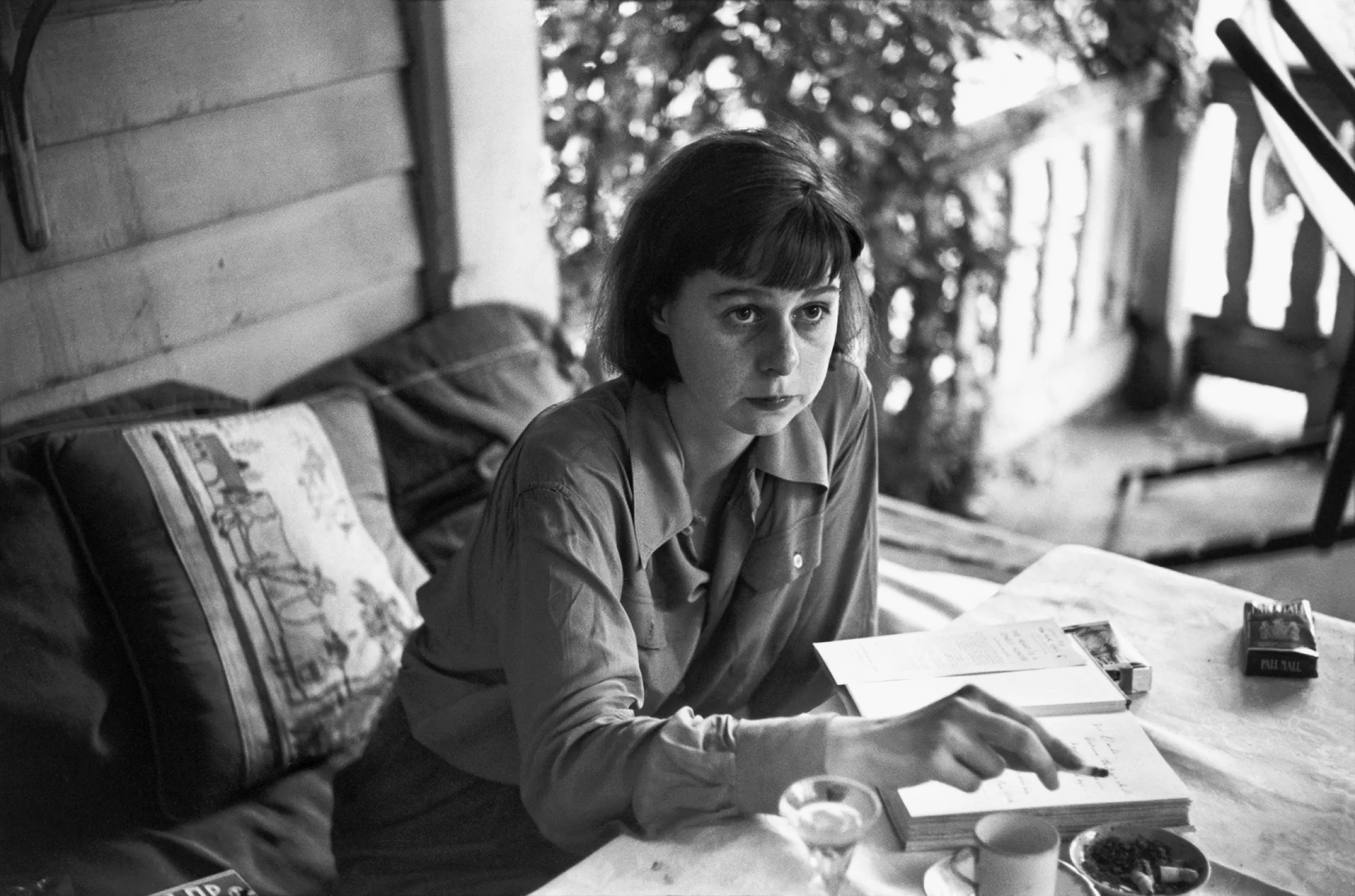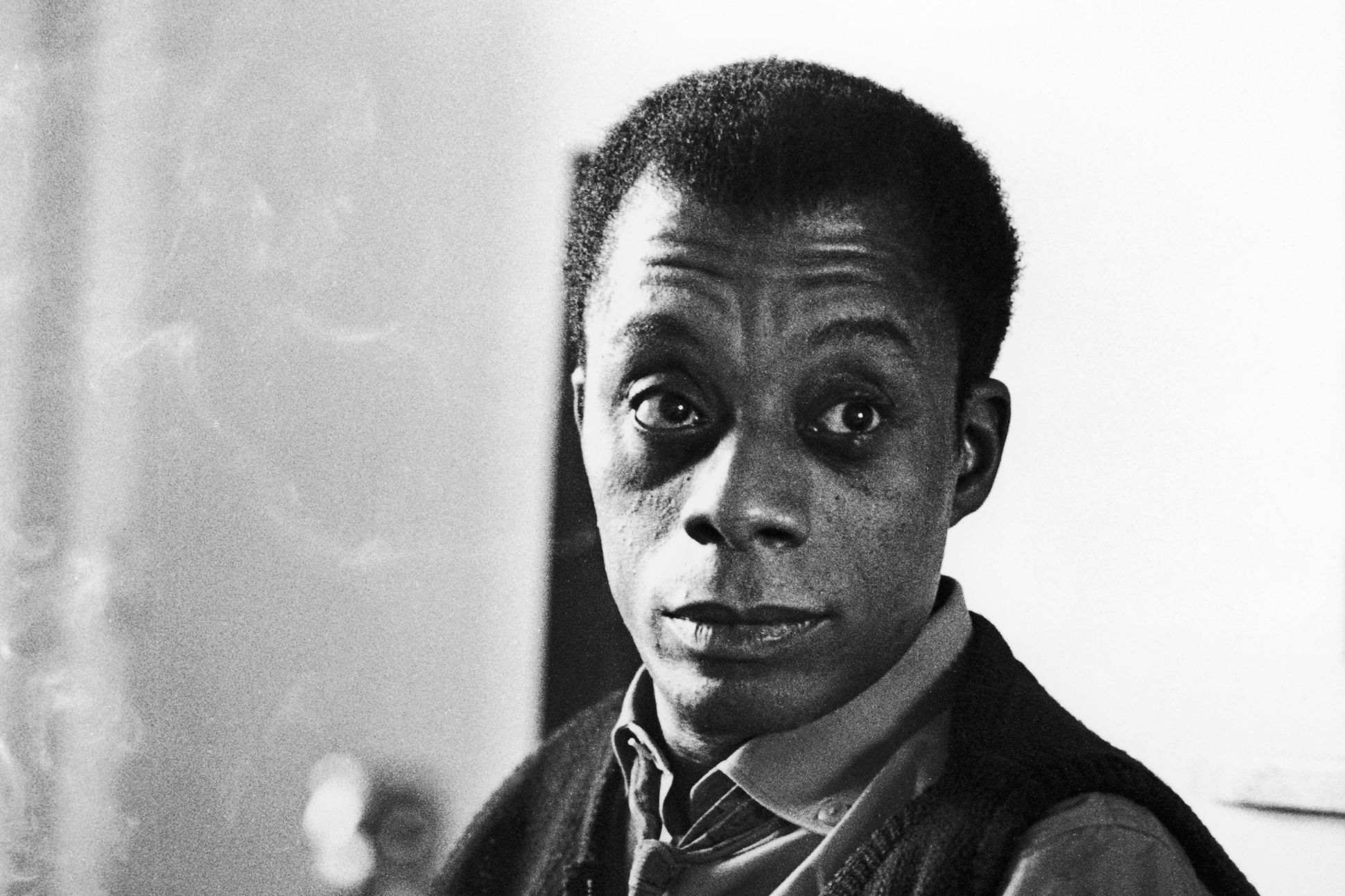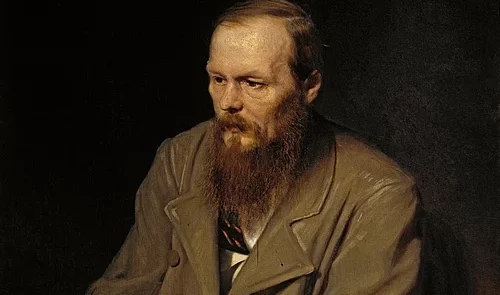By Chrysa Skrimpa,
There is a moment in a book’s long life of company kept to eager hands and thirsty minds when it finds itself inside the beach bag, smothered between bleached towels and half-empty bottles of sunscreen and several bikini sets that are forever searching for their other half. At that moment, a great honor has been bestowed upon that book; it will be devoured by salt-shriveled hands over the gentle, assertive gurgling of the waves, and it will irrevocably establish itself as a summer book in the mind of the reader.
No avid reader, after all, is immune to emotional associations, in the very same way they are not immune to the profoundly human and perhaps pleasantly pretentious urge to thirst for stories at all times, in all places. And there is no better time to daydream and immerse oneself in the melancholy of a good book than during the scorching afternoons and melting sunsets of August. Readers, you who wish to waver between taking a swim and reading just one more chapter that delves deep into the human experience, take a look at the following book recommendations.
- The Heart is a Lonely Hunter – Carson McCullers (1940)
Set in a small town of the American south, the novel weaves a thread that ties together a twelve-year-old tomboy with a passion for music, a maternal diner owner who is estranged from his wife, a Black physician who wishes for radical social and political change, and an alcoholic labor agitator who tries to share his revolutionary ideals. What bind these people together are their frequent visits to John Singer, a deaf young man whose silent and sympathetic presence leads them to believe he understands them, or shares their dreams and ideals. The novel employs a slow pace that revolves around the interactions of the five protagonists and thus, offers a profound exploration of loneliness and the need for connection, so strong that it may result to constant projection of one’s hopes and dreams onto their companion and lack of understanding, which further feeds alienation. The struggles of the working class, the loss of innocence, the dangers of deification, all bringing to light societal issues through a captivating description of the human experience, make for a beach read that will leave you clutching at your heart under the setting sun.

- Giovanni’s Room – James Baldwin (1956)
Set in the streets and bars of Paris, the story focuses on David, an American expatriate who struggles to accept his sexuality and his feelings for Giovanni, whose room makes for a separate character in the novel, as a kind of liminal space that encloses the entirety of love and hate that founds the relationship of the two characters. The novel takes the reader through the streets of Paris to the afternoon diners and the dark rooms above the bars, where lies a story of repression and assigned morality, flawed communication, a search for home and a deep, impossible love. Baldwin has a magical way with words, such that each passage in the novel is an emotional journey on its own, one that will merge with the sound of the beach waves to make a concert out of the reader’s heartbeat.

- The Man Who Saw Everything – Deborah Levy (2014)
Saul Adler is hit by a car as he crosses Abbey Road in 1988, and again, in 2016. The first time he suffers no serious injury, and proceeds to model for his photographer girlfriend one more time before their breakup. Afterwards, he travels to East Germany for a research regarding state surveillance, where he falls in love with his translator and sleeps with his sister. The second time he is hit by a car he gets seriously injured and hospitalized, slipping in and out of consciousness. Ambiguity is central in the novel; the protagonist is haunted by recurring ideas and symbols in his life that take up multiple forms, blurring the lines between memory and reality, past and present, personal and political, self and other. Boundaries collapse in the process of exploring sexual, familial and political power; what it means to observe and be observed, failed relationships, fluid sexuality, cruelty and subjectivity come together to engage the reader in a thought provoking story where the lack of answers is not discouraging, but rather a source of entertainment and an invitation to continue reading.
- Crime and Punishment – Fyodor Dostoevsky (1886)
Despite sounding like an unlikely choice for a pleasant read, the novel is gentler than its reputation. Set during a hot summer in Saint Petersburg, the story follows Rodion Raskolikov, an impoverished law student who plans and carries out the murder of an old pawnbroker in order to steal her money. However, once he performs the deed, he crumbles under the weight of his actions and succumbs to paranoia and confusion, wavering between keeping his crime a secret and confessing to local authorities. Dostoevsky’s vivid writing, apt characterization and excellently paced narration mesmerize the reader in Raskolnikov’s internal monologue, combined with paradoxically entertaining sequences of events that challenge his behavior, while simultaneously engaging in social, political and religious commentary, questions of self and morality, presented through unique characters that tread along with the protagonist to meet their redemption, or their demise.

- On Earth We’re Briefly Gorgeous – Ocean Vuong (2019)
The novel is a letter, a confession from a son to his illiterate mother, where the narrator, Little Dog, recounts memories, past events of his and his mother’s life, as well as instances of his life unknown to his mother, episodes that he slowly brings to light. The novel is an ode to remembrance; an attempt to fix the perpetual gap between mother and son; a collection of vignettes in a language that his mother cannot read, a language they were forced to learn in order to assimilate, to survive. Vuong employs language and form to create a pleasant yet intense read, delving into themes of familiar relationships and contradictions, sexuality, trauma, and immigration, through the use of poetic prose that will have the reader staring into space and drowning in emotions by the end of every chapter.
Reference
- The Man Who Saw Everything by Deborah Levy review – a brilliant Booker nominee. The Guardian. Available here




